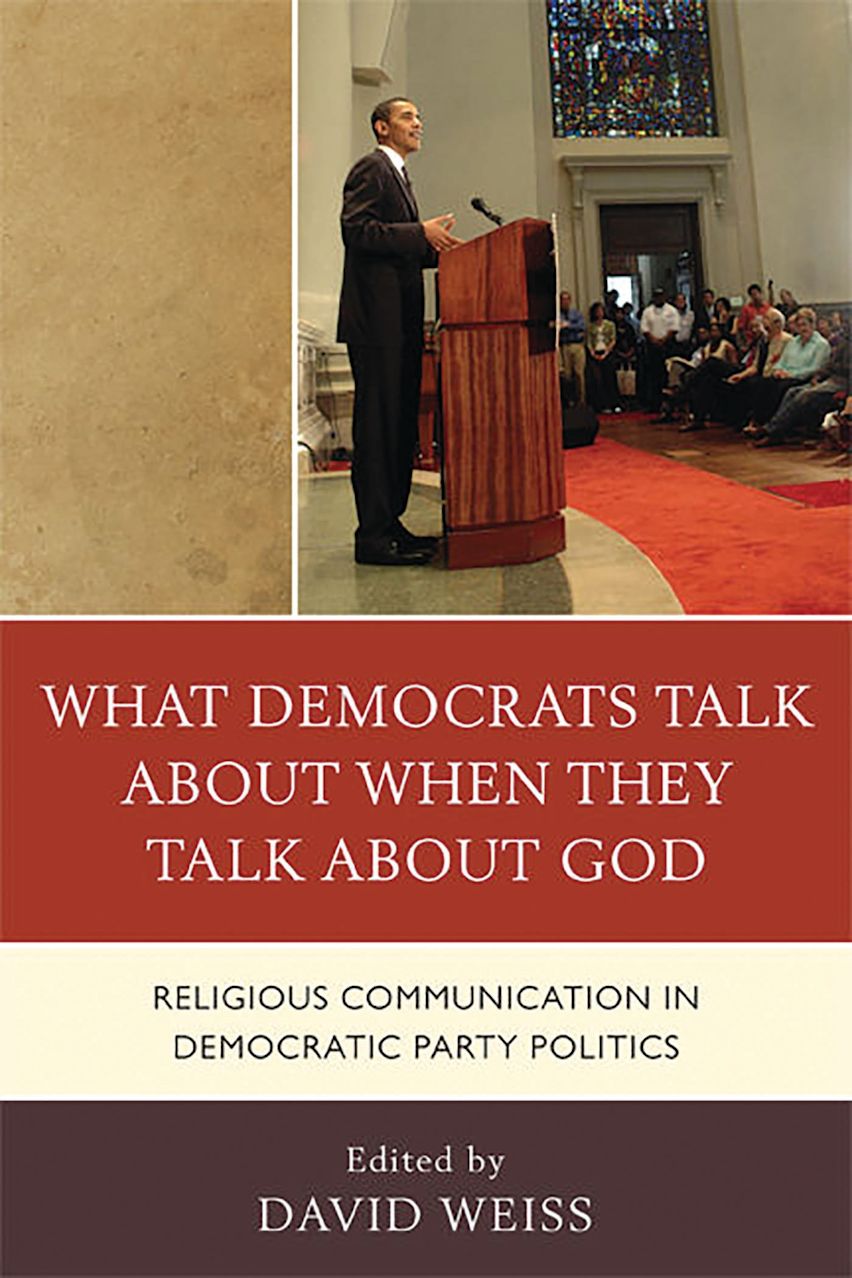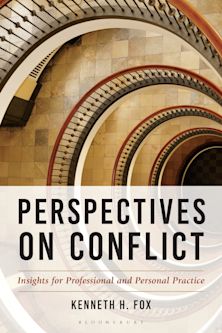- Home
- ACADEMIC
- Politics & International Relations
- Politics - Other
- What Democrats Talk about When They Talk about God
What Democrats Talk about When They Talk about God
Religious Communication in Democratic Party Politics
David Weiss (Anthology Editor) , Allison J. Ainsworth (Contributor) , Samuel Boerboom (Contributor) , Daniel D. Gross (Contributor) , Paul Haridakis (Contributor) , Christina M. Knopf (Contributor) , Lenore Langsdorf (Contributor) , Sara Ann Mehltretter (Contributor) , Jeffrey L. Morrow (Contributor) , James T. Petre (Contributor) , Penni M. Pier (Contributor) , C Thomas Preston Jr. (Contributor) , Paul R. Raptis (Contributor) , Brent S. Roberts (Contributor) , Biff Rocha (Contributor) , Julie R. Woodbury (Contributor)
What Democrats Talk about When They Talk about God
Religious Communication in Democratic Party Politics
David Weiss (Anthology Editor) , Allison J. Ainsworth (Contributor) , Samuel Boerboom (Contributor) , Daniel D. Gross (Contributor) , Paul Haridakis (Contributor) , Christina M. Knopf (Contributor) , Lenore Langsdorf (Contributor) , Sara Ann Mehltretter (Contributor) , Jeffrey L. Morrow (Contributor) , James T. Petre (Contributor) , Penni M. Pier (Contributor) , C Thomas Preston Jr. (Contributor) , Paul R. Raptis (Contributor) , Brent S. Roberts (Contributor) , Biff Rocha (Contributor) , Julie R. Woodbury (Contributor)
You must sign in to add this item to your wishlist. Please sign in or create an account
Description
What Democrats Talk about When They Talk about God is a collection of essays on the religious communication of members of the Democratic Party, past and present-in office, while campaigning, and in their public and private writing. While many books on the market address issues at the intersection of church and state, none to date have focused exclusively on Democrats as important participants in the dialogue about religion and politics.
Table of Contents
Part 2 I: Historical and Philosophical Perspectives
Chapter 3 1: The Religious Explorations of Thomas Jefferson and his Public and Private Expressions of Faith
Chapter 4 2: Deities, Divisions, and Democrats: The "Political Left" and Religion
Part 5 II: Past Presidents and Presidential Hopefuls
Chapter 6 3: The Three Faces of John: Mutable Religious Personae in the 2004 Presidential Race
Chapter 7 4: Bill Clinton's Looking Glass: A Metaphorical Analogy for the Faith and Values of the Democratic Party
Chapter 8 5: The "Voice of God" in Democratic Political Rhetoric: Exploring the Social-Political Gospel of John Edwards
Chapter 9 6: Al Gore's Rational Faith and Unreasonable Religion
Part 10 III: The Religious Rhetoric of Barack Obama
Chapter 11 7: The Audacity of Faith: An Inclusive Political Rhetoric
Chapter 12 8: Dancing on the Wall: An Analysis of Barack Obama's "Call to Renewal" Keynote Address
Chapter 13 9: Change the Context, Build the Coalition: Democrats, Abortion Reduction, and the Politics of Articulation
Part 14 IV: Religion in Gubernatorial and Congressional Campaigns
Chapter 15 10: Tim Kaine's Catholic Evangelical Rhetoric
Chapter 16 11: Dwelling amongst the Righteous: Keith Ellison-Demagogue or Demon?
17 About the Contributors
Product details
| Published | Oct 11 2010 |
|---|---|
| Format | Ebook (Epub & Mobi) |
| Edition | 1st |
| Extent | 228 |
| ISBN | 9780739138281 |
| Imprint | Lexington Books |
| Publisher | Bloomsbury Publishing |
About the contributors
Reviews
-
The contributors to this book provide an important corrective to the view that only the GOP does "God talk." The collection is full of interesting accounts of candidates and officeholder religious rhetoric. Recommended.
Clyde Wilcox, Georgetown University
-
In recent years the Democratic Party has struggled to win over conservative Christian voters without antagonizing religious liberals, members of minority faiths and secular Americans. David Weiss has assembled eleven fascinating essays documenting and assessing the religious strategies of Al Gore, John Kerry, Barack Obama and other Democratic candidates. No student of politics and religion in the United States should miss this insightful and balanced evaluation.
James L. Guth, William R. Kenan, Jr. Professor of Political Science, Furman University
-
David Weiss and his colleagues have produced a fascinating collection of essays on the role of religion in the rhetoric of the Democratic Party and its leaders. Insightful, analystic and timely, this book reveals that religious language is not the sole province of Republicans and is likely to remain a staple of political discourse for years to come.
John C. Green, University of Akron, and Director, Ray C. Bliss Institute of Applied Politics



































